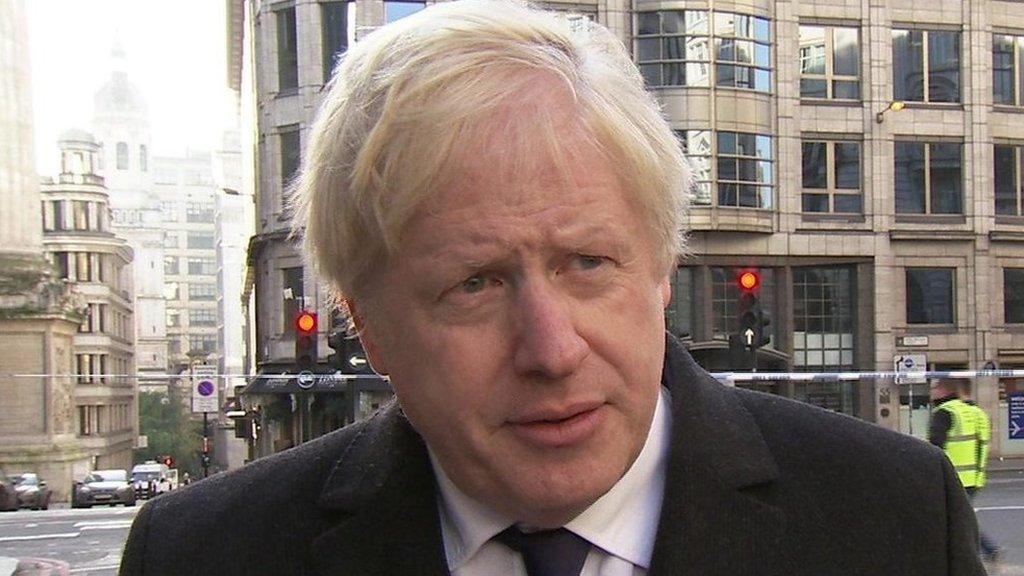London Bridge attack victim named as Jack Merritt
- Published
Listen to Jack Merritt speak on a BBC podcast about his work helping inmates at a prison to study law.
One of the people stabbed to death in Friday's attack at London Bridge has been named as 25-year-old University of Cambridge graduate Jack Merritt.
He was one of two people killed when 28-year-old Usman Khan launched the attack at a Cambridge University conference on prisoner rehabilitation.
Khan, who had been jailed over a terror plot, was shot dead by police after members of the public restrained him.
Mr Merritt was described by his father on Twitter as a "beautiful spirit".
A woman who died in the attack - declared by officers as a terrorist incident - has not yet been named. Three others were injured.
Mr Merritt, from Cambridge, was a course coordinator for Learning Together, a prisoners' rehabilitation programme which was hosting the conference at Fishmongers' Hall, at the north end of London Bridge.
Khan had taken part in the scheme while in prison and was one of dozens of people - including students and offenders - at the event.
David Merritt said on Twitter that his son Jack was a "a beautiful spirit who always took the side of the underdog".
"Jack spoke so highly of all the people he worked with & he loved his job," he added.
Mr Merritt graduated from the University of Manchester with a bachelor's degree in law in 2016.
He went on to study at the University of Cambridge, where he worked in the criminology department running Learning Together.
What happened at London Bridge stabbing incident?
The Metropolitan Police said the attack is believed to have started inside Fishmongers' Hall at 13:58 GMT on Friday, before continuing onto London Bridge itself, where Khan was shot by armed officers.
Khan was known to the authorities, having been convicted of a terrorism offence in 2012.
He was released from prison half way through his 16-year sentence in December 2018 - subject to an "extensive list of licence conditions", Met Police Assistant Commissioner Neil Basu said.
Mr Basu said, on Saturday, that "to the best of my knowledge, he was complying with those conditions".
Met Police: London Bridge attacker was 'complying' with license conditions
Khan took part in Learning Together while at HMP Whitemoor in Cambridgeshire.
He appeared as a "case study" in a report by the initiative. Identified only as "Usman", Khan was said to have given a speech at a fundraising dinner after being released from prison.
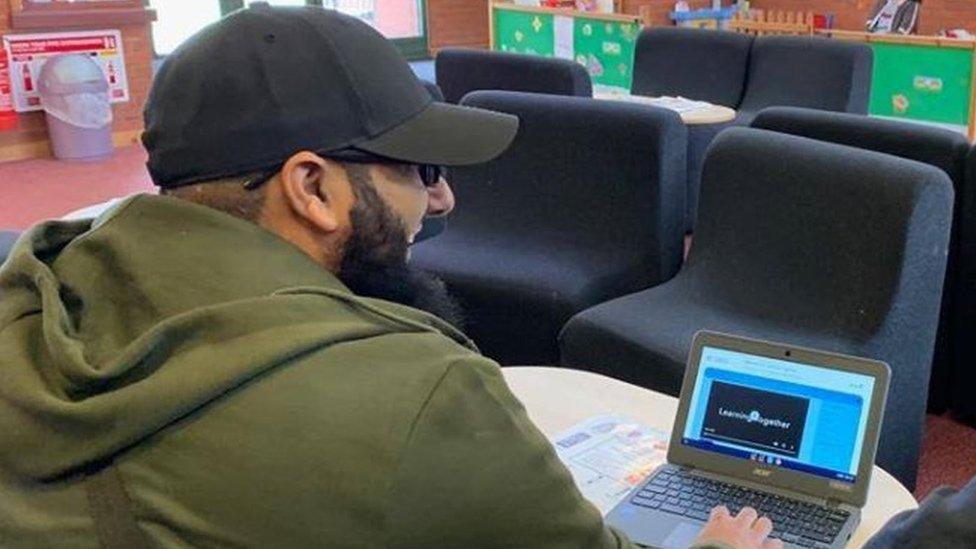
Usman Khan appeared as case study in a report by Learning Together
He was also given a "secure" laptop that complied with his licence conditions, to allow him to continue the writing and studying he began while in jail.
Khan contributed a poem to a separate brochure, in which he expressed gratitude for the laptop, adding: "I cannot send enough thanks to the entire Learning Together team and all those who continue to support this wonderful community."
Usman Khan speaking to the BBC in 2008: "I ain't no terrorist"
Mr Basu said officers had been working "flat out" to try to establish the "full circumstances" of the stabbing.
He praised the "incredible acts of bravery" by members of the emergency services and the public who intervened - even after they realised Khan was wearing a "very convincing" fake explosive vest.
Mr Basu added officers had found no evidence to suggest anyone else was involved in the attack.
NHS chief executive Simon Stevens said three victims remained in hospital following the attack - two in a stable condition and one with less serious injuries.
Police carried out searches at two addresses in Stafford and Stoke-on-Trent as part of the investigation.
Staffordshire Police's Deputy Ch Con, Nick Baker, said it was "vitally important everyone remains alert but not alarmed".
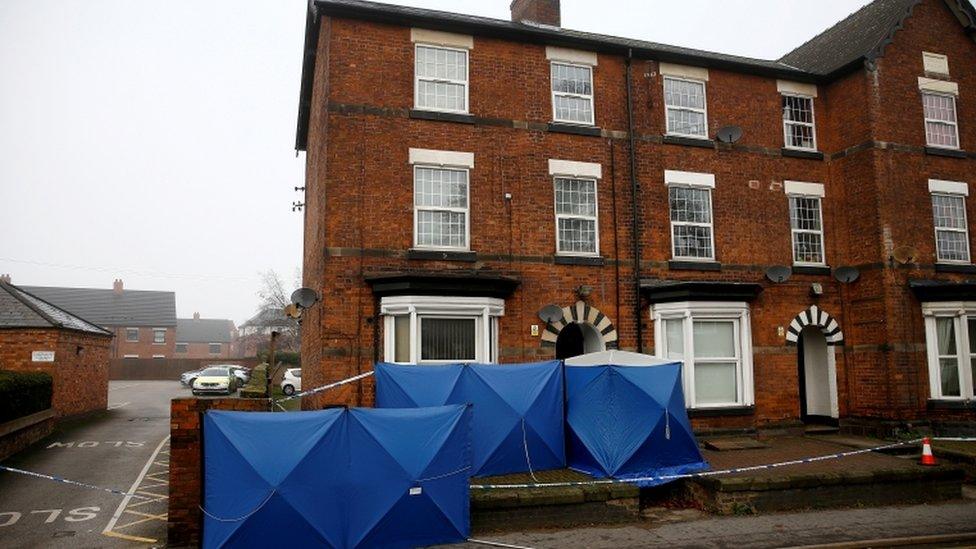
Police searched flats in Stafford
The Met Police is urging anyone with information - particularly anyone who was at Fishmongers' Hall - to contact them.
Members of the public were widely praised for intervening to tackle Khan to the ground before police arrived on the scene.
One man pictured in many newspapers, as he removed a knife from the scene, was a British Transport Police officer in plain clothes.
Chief Constable Paul Crowther, of British Transport Police, said his officer "bravely ran towards danger".
"He, as well as other members of the public, should be extremely proud of what they did to stop this man on London Bridge," he added.
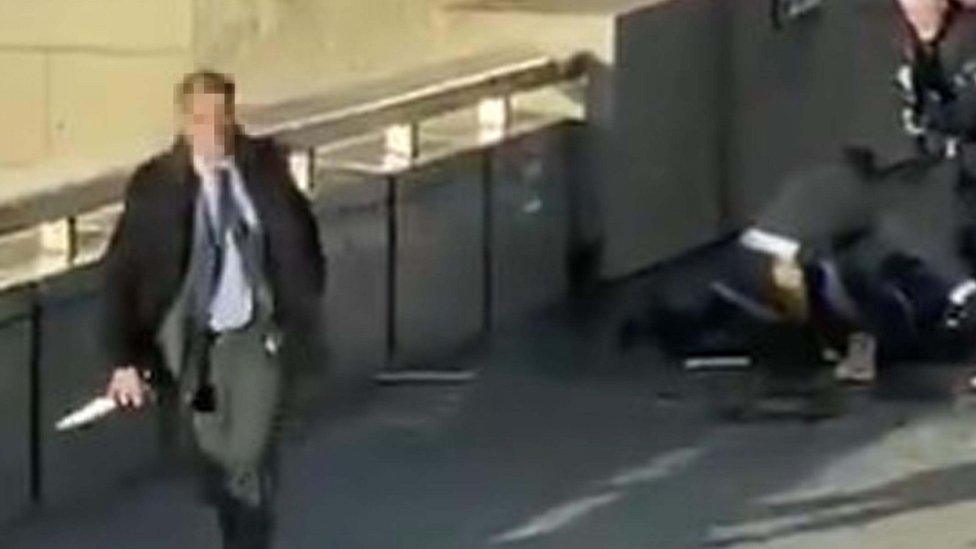
Witnesses were widely praised for intervening in the attack
Videos posted on social media show the knifeman being held down by members of the public.
One witness described how a man at the event at Fishmongers' Hall grabbed a narwhal tusk - a long white horn that protrudes from the whale - that was on the wall, and went outside to confront the attacker.
Another person let off a fire extinguisher in the face of the attacker to try to keep him at bay.
Some of those who helped were believed to be former prisoners attending the conference.
On a visit to the attack site, the prime minister said the practice of cutting jail sentences in half and letting violent offenders out early "simply isn't working".
Mr Johnson vowed to "toughen up sentences", while Labour's Jeremy Corbyn said there were questions to be answered.
But Mr Merritt's father said, in a now deleted post, on Twitter: "My son, Jack, who was killed in this attack, would not wish his death to be used as the pretext for more draconian sentences or for detaining people unnecessarily."
Political parties cancelled some events on Saturday, which had been planned ahead of the general election on 12 December.
Flags on UK government buildings were flown at half-mast on Saturday as a mark of respect to all those affected by the attack.
The Queen said in a statement: "Prince Philip and I have been saddened to hear of the terror attacks at London Bridge.
"We send our thoughts, prayers and deepest sympathies to all those who have lost loved ones and who have been affected by yesterday's terrible violence."
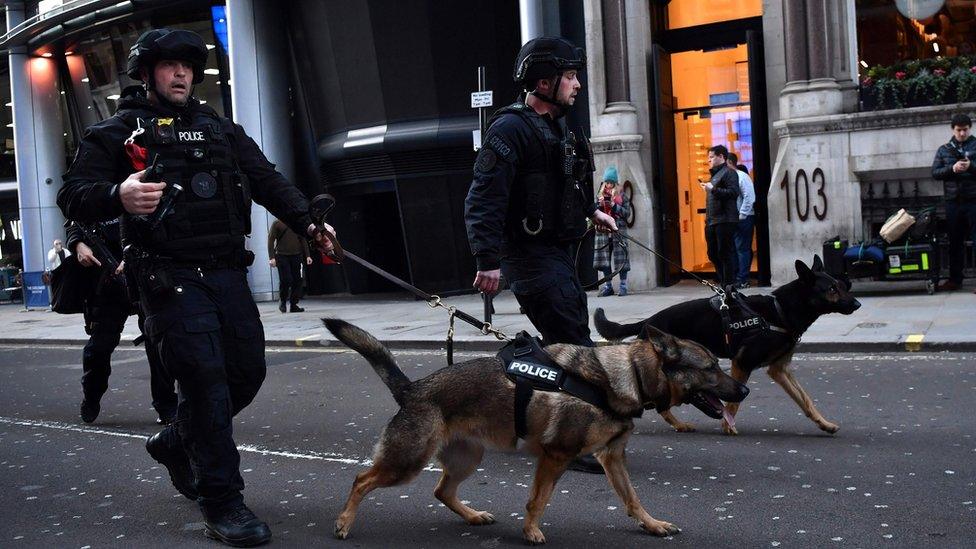
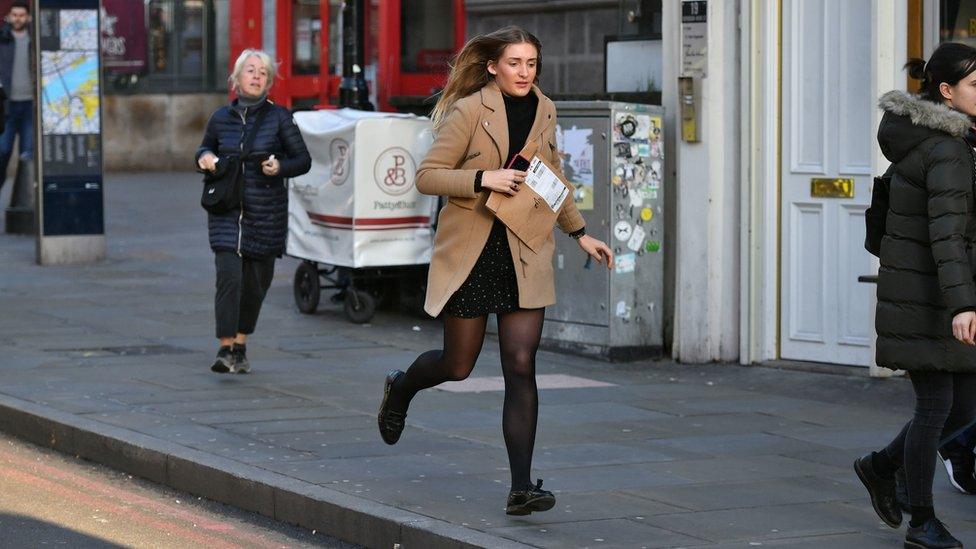
London Bridge was the scene of another attack, on 3 June 2017, in which eight people were killed and many more injured.
The Dean of Southwark Cathedral, the Very Revd Andrew Nunn, said Friday's events had brought back memories.
"It's only two-and-a-half years since the June attack and that's not long for healing, and actually it feels as though wounds have been reopened," he said.
"Where people felt they had come to terms with what had happened in their community, now I think they're wondering whether they really had - so a lot of work for us to do," he added.
The latest attack comes after the UK's terrorism threat level was downgraded on 4 November from "severe" to "substantial", meaning that attacks were thought to be "likely" rather than "highly likely".
The terror threat level is reviewed every six months by the Joint Terrorism Analysis Centre, which makes recommendations independent of government.
- Published2 December 2019
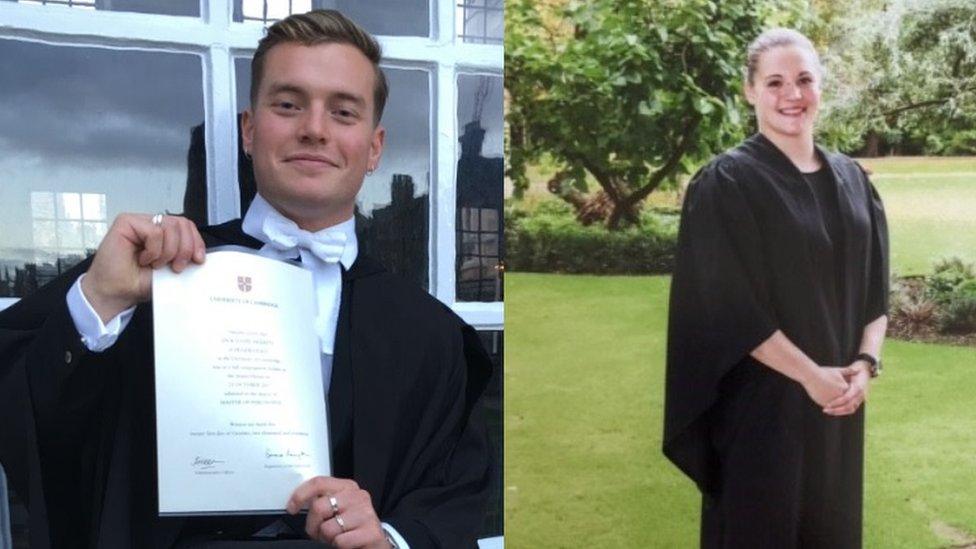
- Published5 December 2019
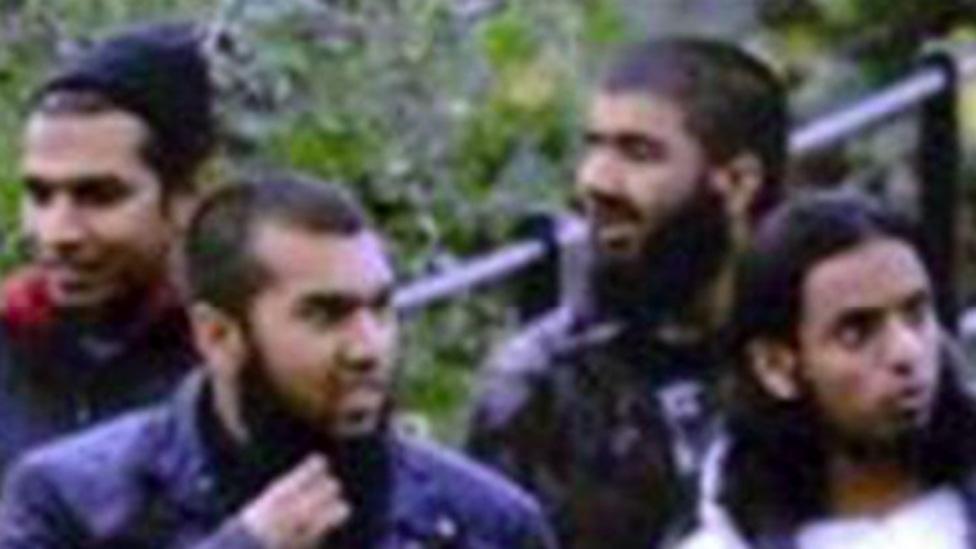
- Published30 November 2019
